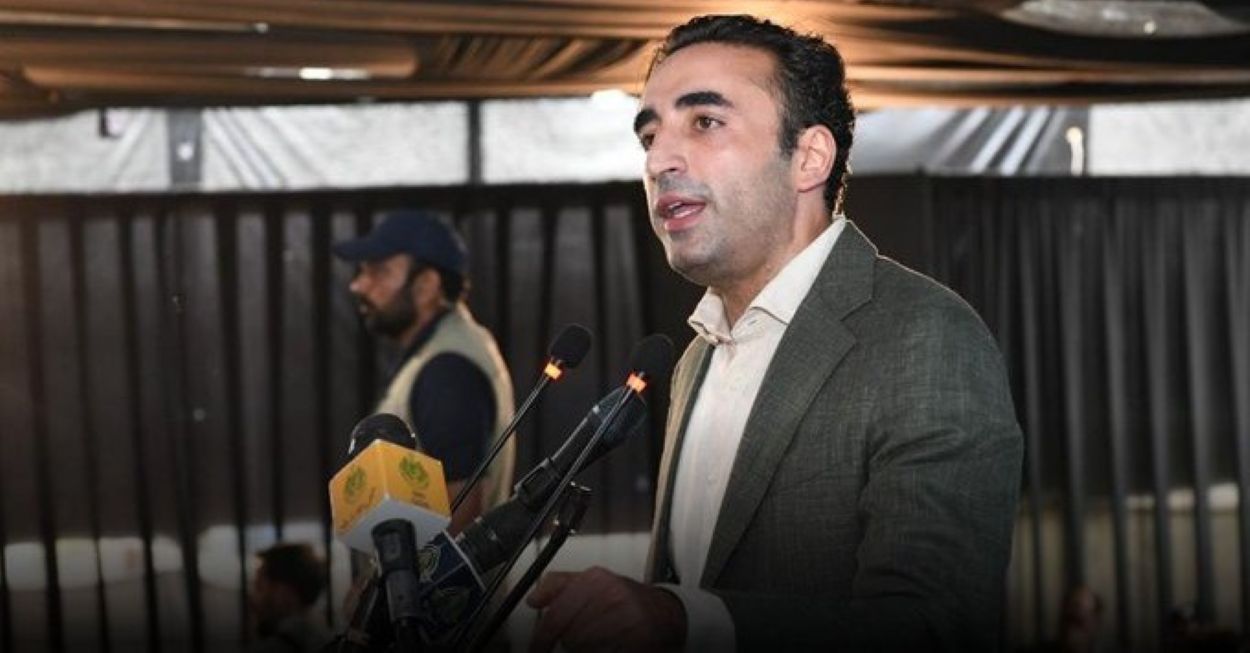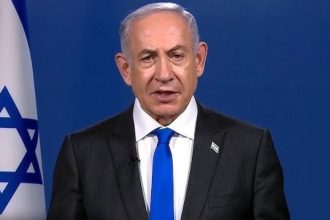Bilawal Bhutto-Zardari, the Chairman of the Pakistan Peoples Party (PPP), criticised Prime Minister Shehbaz Sharif for not living up to his promised “Shehbaz speed” in Karachi.
During the inauguration of the Hub Canal, he referred to the progress in the city as “Shehbaz slow.” Bilawal, who is a key ally in Sharif’s coalition government, urged the Prime Minister to fulfil his commitments to Karachi, pointing out the disparities in development compared to Lahore, which has seen faster progress.
At the event, Bilawal announced that the new Hub Canal will provide 100 million gallons of water per day to Karachi’s Central, East, and Kimari districts, tackling the city’s persistent water shortage. He discussed the ongoing repairs to the old Hub Canal, a PC-I plan for Lyari’s water supply, and Sindh CM Murad Ali Shah’s commitment to establishing a desalination plant.
The New Hub Canal Project has been inaugurated. It will provide the city with 100 MGD (million gallons per day) of water, said Chairman @BBhuttoZardari during the inauguration ceremony. pic.twitter.com/IbfdxBamFJ
— Sindh Information Department (@sindhinfodepart) August 13, 2025Bilawal praised the local governments led by the Pakistan Peoples Party (PPP) in Karachi and Hyderabad for prioritising public service over division, marking a significant milestone in their history. He highlighted the Karachi Metropolitan Corporation’s commitment to development and its rejection of extremism. Bilawal also credited PPP supporters for addressing water issues in the region. This effort aligns with the party’s promise to improve conditions following the upcoming mayoral elections.
Despite criticism, the Pakistan Peoples Party (PPP) continues to be a crucial ally of the Pakistan Muslim League-Nawaz (PML-N), which gained a majority in the National Assembly following the Supreme Court’s ruling on reserved seats. Deputy Prime Minister Ishaq Dar and Adviser Rana Sanaullah highlighted the importance of their coalition. Bilawal’s comments reveal the internal pressures he faces in trying to balance loyalty to the coalition with advocating for regional issues.






